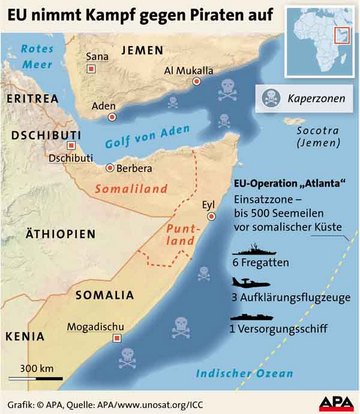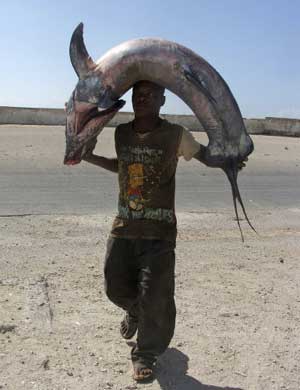Land grab fears for Ethiopian rural communities
A controversial new farms policy has led to a political clampdown in a remote lowland region of Ethiopia. The government of Meles Zenawi is pioneering the lease of some three million hectares of land over the next five years, an area the size of Belgium. The policy is targeting massive lowland areas mostly in the west and south-west of the country. These are regions populated by smaller minority ethnic groups. The government denies conducting any repression, and says instead that its policy is aimed at lifting local people out of poverty. Foreign investors in Gambella include Chinese, Indian and Saudi firms. The Saudis alone say they are hoping to produce as much as a million tonnes of rice per year, most of it for their own domestic market. Read more (BBC, 16.12.2001)



 Just when colonialism was considered dead and buried, along comes neo-colonialism in its latest guise. Allied with its close relatives globalisation, free marketeering and lack of transparency, it is currently launching a new offensive on the disempowered population of this continent. Kwame Nkrumah, along with others in the post-colonial Pan Africanist movement, coined the term ‘neo-colonialism’ to describe continued access to the resources of less developed nations, by both national and private interests allied to wealthy nations. He warned against the continued impacts of colonialism if the risks inherent to neo-colonialism were neither addressed nor dealt with.
Just when colonialism was considered dead and buried, along comes neo-colonialism in its latest guise. Allied with its close relatives globalisation, free marketeering and lack of transparency, it is currently launching a new offensive on the disempowered population of this continent. Kwame Nkrumah, along with others in the post-colonial Pan Africanist movement, coined the term ‘neo-colonialism’ to describe continued access to the resources of less developed nations, by both national and private interests allied to wealthy nations. He warned against the continued impacts of colonialism if the risks inherent to neo-colonialism were neither addressed nor dealt with.